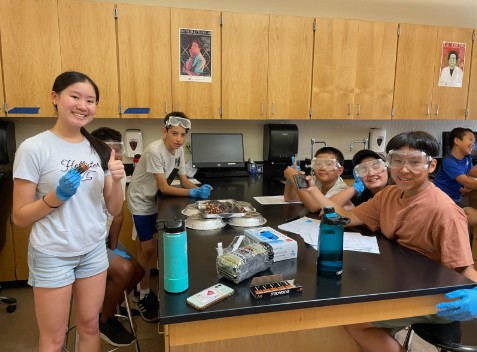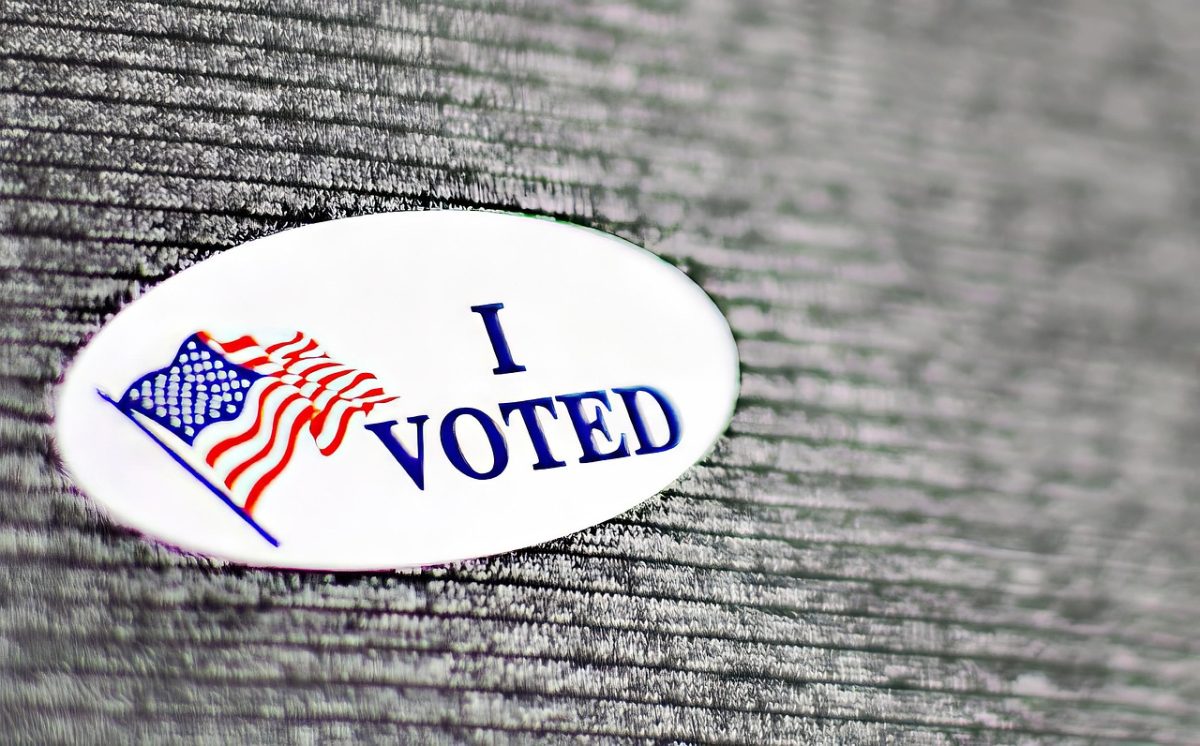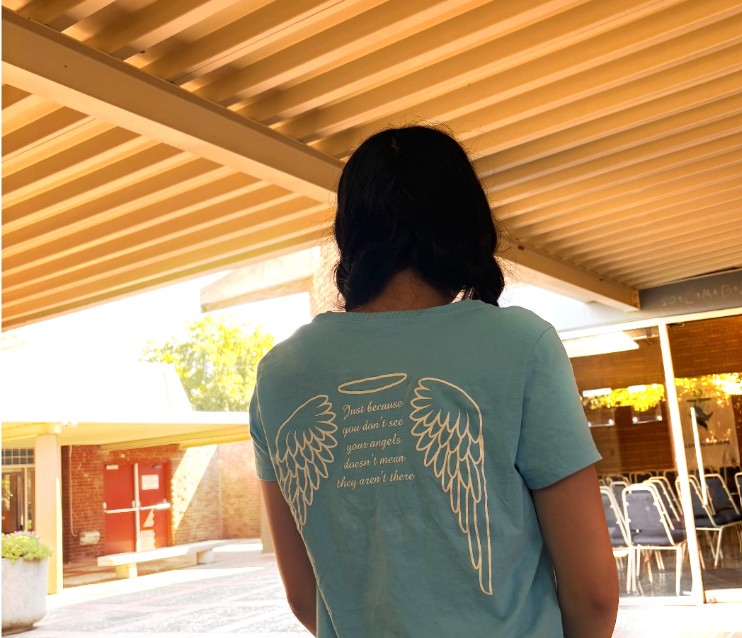For students from underrepresented backgrounds, Saint Francis High School’s Counseling Department is providing insight and support during the college application process.
The 2024-2025 college application cycle marks the second year without race-conscious admissions, also known as affirmative action, a decision made by the Supreme Court in 2023.
At most colleges, admissions officers utilize holistic review to create diverse student bodies, looking beyond test scores and GPAs. Saint Francis guidance counselors emphasize the importance of holistic review and how affirmative action adds context to an applicant’s background.
A guidance counselor who works with all grade levels said “(Affirmative action) just adds another piece of information. There are other parts of the application that tell a lot more about the student, their background, their history, (and) what it’s been like for them growing up.”
Similarly, Wendy Mok, another guidance counselor, said colleges “. . .use (affirmative action) to help level the playing ground to make sure that people of various backgrounds were able to get opportunities that they were not able to before.”
However, it’s important to note that not all colleges factor in race and ethnicity in the same way. A college advisory counselor said “It could be part of what (colleges) use, one of the factors that they would use, or at least consider during the admissions process. But every admissions office could give it a lot of weight, no weight, (or) medium weight.”
The difference in how race and ethnicity are weighed into a student’s application is based on a variety of factors that are individual to each college. Another college advisory counselor said, “It just depends on the college itself and whether it (is) public or private, and what they could do with that information and what their institutional goals were. . . there’s not one answer per college necessarily”.
“The more selective the school. . . the more likely they are to factor that into a student’s application”, said a college advisory counselor. Selective schools often have many applications and require more insight into a student’s background to contrast them with other applicants.
But without affirmative action, colleges cannot take race into account at all, making it harder to evaluate applicants’ potential contributions to universities.
This has resulted in uneven effects on college campuses. For example, Harvard University saw a 22% decrease in Black freshmen in the Class of 2028. At the University of North Carolina at Chapel Hill, Asian and Native Hawaiian/Pacific Islander students slightly increased.
With these changes and added variability in the college application process, Saint Francis High School’s Counseling Department is working to navigate the college application process without affirmative action, hoping to mitigate decreases in minority enrollment.
When asked about advice for students from underrepresented backgrounds applying during this year’s college applications cycle, Mok said, “If your background, experience, or identity is so valuable to what you want to bring as a student to a college campus, don’t shy away from stating that”.
The college advisory counselors agreed with Mok, as one said, “Sometimes there isn’t anything asked except for academic information. But if. . . essays or personal insight questions (ask students to) share their. . . beliefs or their attitudes. . . or experiences at their school. . . then I would encourage them to do that”.
Mok also adds that more colleges are attempting to find more creative ways in applications to allow students to showcase their backgrounds.
In California, the University of California system transitioned to Personal Insight Questions in 2016– questions where applicants can detail their personalities, backgrounds, and interests– to compensate for over 200,000 applications each year and California’s statewide ban on affirmative action since 1996.

Saint Francis’ college advisory counselors also recently attended the University of California Counselors’ Conference, reporting that the University of California is making efforts to retain diversity on its campuses.
“They shared a lot of data and numbers (for) first-generation students. “First-generation” status is really important to them. It’s an institutional priority”, said one college advisory counselor.
The University of California systems aren’t the only schools that are striving for diversity on campuses.
Mok said, “A lot of colleges are switching to (specific) supplemental questions, just so that they can still learn about you as a person, and I know they’re trying to do more outreach to those communities to make sure that they’re still supported”.
“With CommonApp, we commonly see almost every campus is going to ask that supplemental question about diversity or inclusivity. . . It’s almost a standard question,” said a college advisory counselor.
While affirmative action has been overturned, there are many ways for students of color and underrepresented students to succeed in this year’s college application cycle.
For seniors, college advisory counselors Debbie Austin and Naomi Lee have made themselves available outside of the Counseling Center at every school lunch except for Fridays, as part of their ELEDEF program, or “Every Lunch, Every Day, Except Friday”. Through the ELEDEF program, seniors may chat with these counselors about college applications and concerns, including affirmative action.
Through the ELEDEF program and the support of both guidance and college advisory counselors, the Counseling Department always keeps its doors open to alleviate concerns about race, affirmative action, and the college application process.
Mok said it best: “This is something new. . . (the Supreme Court) might return it, but for now, we work with what we have to make sure that each of our students has the level of success they would have if this was still present”.








